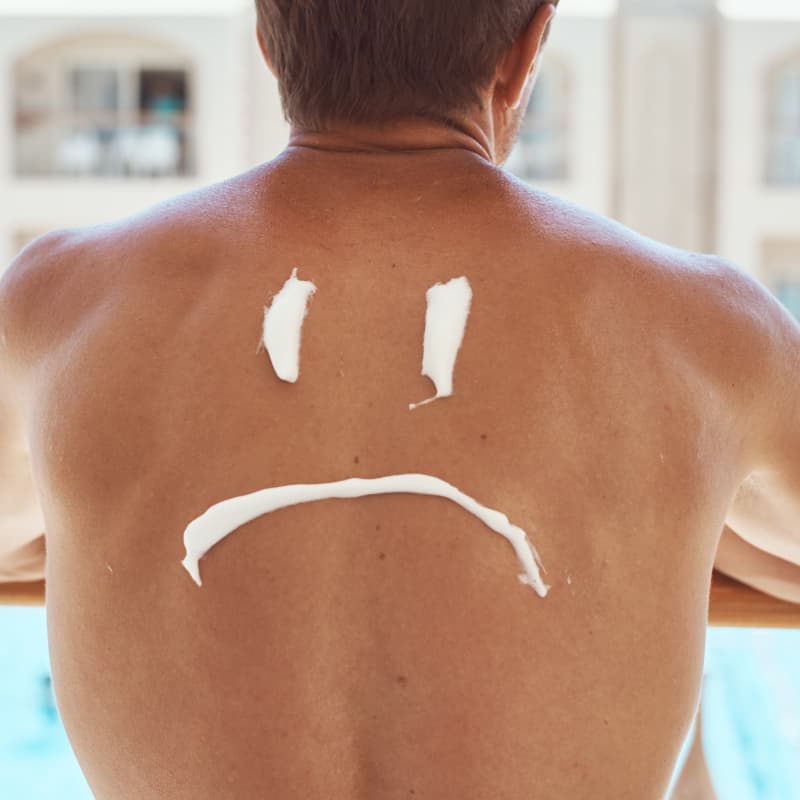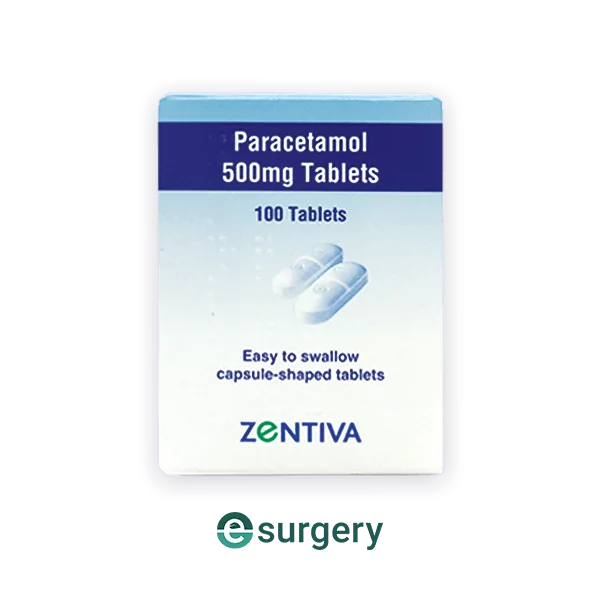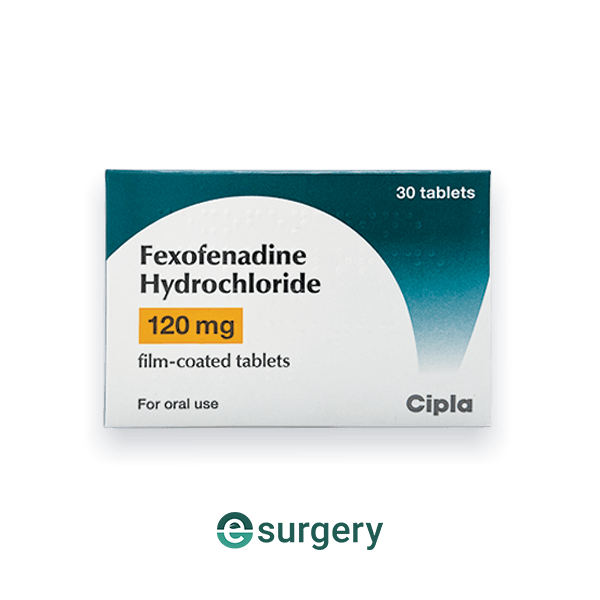
Sunburn can be extremely uncomfortable, making it difficult to fall asleep. The pain and inflammation can also lead to a fever, which can further disrupt sleep.
Thankfully, there are a few things that can be done to alleviate the symptoms of sunburn and help you get a good night’s rest. Here are the top 5 home remedies for how to sleep with sunburn.
Take a cool shower or bath
When you get a sunburn, your skin is damaged by ultraviolet (UV) rays. This damage causes your skin to become red and inflamed. Your body also tries to heal the damage by increasing blood flow to the area (4) (5). As a result, you may feel hot and uncomfortable.
A cool shower or bath can help to reduce the inflammation and temperature of your skin. The water will also help to hydrate your skin, which is important because sunburn can cause your skin to lose moisture. Additionally, a cool shower or bath can help to soothe the itchiness that is often associated with sunburn. So, if you find yourself in this situation, hop in the shower and let the cool water work its magic (1).
Apply Aloe Vera gel
Aloe vera is a succulent plant that has natural cooling and healing properties that can help relieve pain and speed up healing. The leaves of the plant contain a gel-like substance that can be used to treat a variety of skin conditions, including sunburn. When applied to the skin, it helps to soothe and moisturize the skin. Additionally, it can help to relieve pain and inflammation.
The gel also contains compounds that can help to protect the skin from damage caused by UV rays. As a result, aloe vera is an effective treatment for sunburn. When applied immediately after exposure to the sun, it can help to prevent the development of painful blistering (1).
Apply a cool compress
Applying a cool compress to the affected area can help to soothe the pain and reduce inflammation. The cool temperature helps to constrict the blood vessels, reducing swelling. It can also help to prevent blisters from forming.
To make a cool compress, soak a clean cloth in cold water and apply it to the sunburned area for 1-2 minutes. Repeat this process as needed (2).
Drink plenty of fluids
Water helps to keep the body hydrated and can also help to cool the skin. For severe sunburn, you may also need to take pain medication. By drinking fluids and taking other steps to treat sunburn, you can help minimise the discomfort and prevent long-term damage to your skin (1).

Wear loose clothes
Tight clothing can rub against the skin, exacerbating the pain of sunburn. In contrast, loose clothing helps to keep the skin cool and comfortable, promoting a restful night’s sleep.
Additionally, loose clothing helps to prevent chafing, which can further irritate sunburned skin. So, if you’re looking for a way to get a good night’s sleep with sunburn, reach for some loose-fitting cotton clothes. You’ll be glad you did (1).
Here are some tips on how to sleep with sunburn
There are a number of things you can do to improve your sleep. Here are some tips:
- Make sure your sleeping environment is comfortable, quiet, and cool.
- Establish a regular sleep schedule and stick to it as much as possible.
- Avoid caffeine and alcohol before bedtime. (3)
- Practice some relaxation techniques before bedtime.
- Place a few plants which help in relieving stress and promoting sleep. For instance, lavender, snake plant, gardenia, etc.
- If you are suffering from insomnia, it’s better to opt for sleeping pills, as prescribed by your doctor.
How to avoid sunburn?
Following these home remedies can help you find relief from your sunburn and get a good night’s sleep. However, it’s also important to take steps to prevent sunburn in the first place, so you don’t find yourself asking the question “How to sleep with sunburn”.
- Staying hydrated is important, especially when you’re spending time in the sun. Make sure to drink plenty of water to keep your skin from getting too dry.
- Be sure to wear sunscreen or take sunblock pills.
- Wearing sunglasses, long sleeves, long pants, and a hat can help protect your skin from the sun’s harmful rays. Covered clothing can save you from mosquitoes as well!
- Seek shade whenever possible, especially during the midday hours when the sun’s rays are the strongest.

What are some medications for dealing with sunburn?
If you have a more severe sunburn, it is important to seek medical assistance. Though these are just a few ways to promote healing, they should not be used as a substitute for medical care. Here are two medications you may be prescribed for reducing the symptoms of sunburn:
Paracetamol
Paracetamol tablets can help to ease the discomfort and allow you to get some much-needed rest. The pain-relieving properties of Paracetamol can help to take the edge off the burning sensation, and the anti-inflammatory properties can reduce swelling and redness.
In addition, Paracetamol can help to lower your body temperature by affecting the part of the brain’s part which controls body temperature, which can be helpful if you’re feeling overheated from sunburn.
Fexofenadine
Fexofenadine tablets are antihistamine that is commonly used to treat allergies and hay fever. However, it can also be effective in helping people to sleep when they have sunburn. Sunburn can cause the skin to become inflamed, resulting in itching and discomfort.
This can make it difficult to fall asleep and stay asleep. Fexofenadine works by blocking histamine receptors, which helps to reduce inflammation and itching. As a result, it can provide relief from the uncomfortable symptoms of sunburn and promote a more restful night’s sleep.
If you are struggling to sleep due to sunburn, talk to your doctor about whether Paracetamol and Fexofenadine tablets may be right for you.
Also, to avoid cross-medication let your GP know if you are taking any other medicines.
Can I order these medicines online?
Yes, both tablets, Paracetamol and Fexofenadine are available on e-Surgery, a reputed and registered online pharmacy, which ensures that your package is delivered quickly, discreetly, and efficiently.
Sources:
- Home Remedies for Sunburn (Healthline)
- How to Treat Sunburn Fast: Factors and More (Healthline)
- 17 Proven Tips to Sleep Better at Night (Healthline)
- The sunburn response in human skin is characterized by sequential eicosanoid profiles that may mediate its early and late phases – PMC (NCBI)
- What is an inflammation? – InformedHealth.org – NCBI Bookshelf (NCBI)
Further Reading:
- How To Sleep With A Sunburn | Sleepnumber
- Sunburn? Tips to sleep? | Refinery29
- Sun burnt back? How to sleep with sunburn | Lispine











